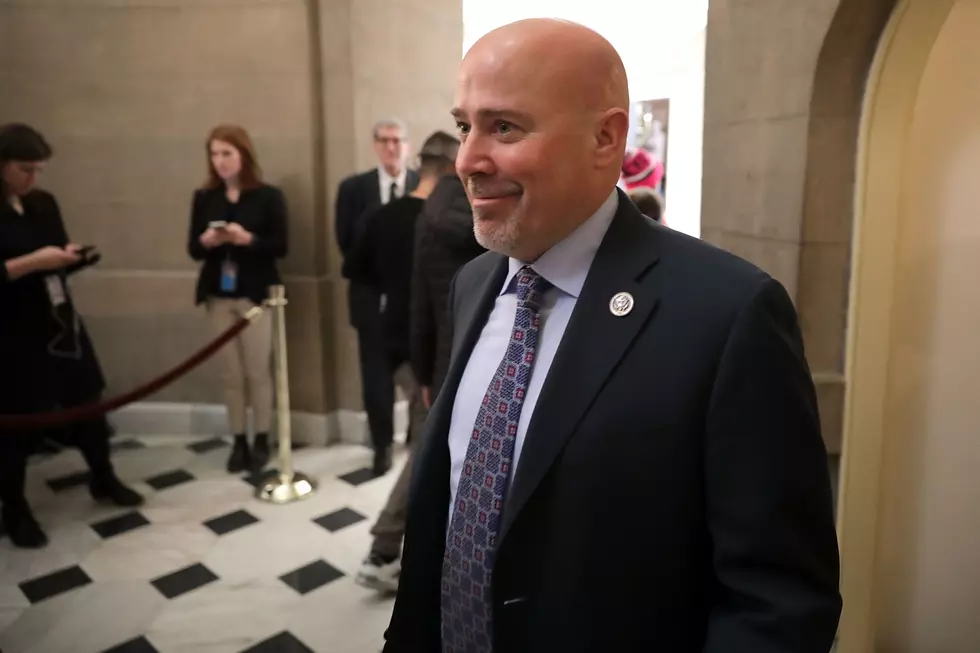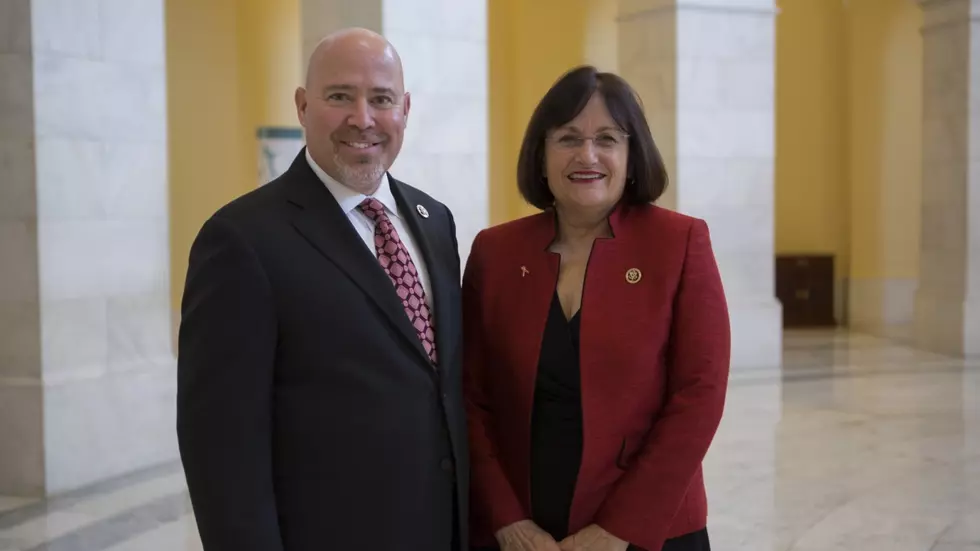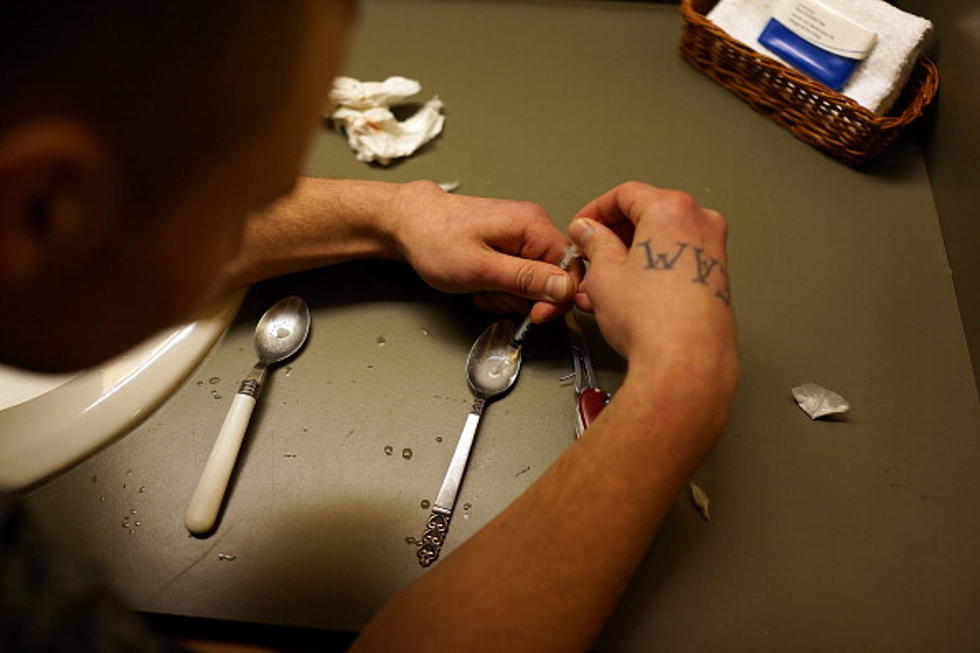
MacArthur-Kuster-Roe bill sets initial opiate scrip standard
Scrutiny of legal opiate distribution methods that leave pain patients vulnerable to addiction, so far, has produced varied remedial actions in states throughout the US. Leaders of the Congressional Bipartisan Heroin Task Force introduce legislation for a benchmark national guideline.
The measure by Representatives Tom MacArthur (R-NJ), Annie Kuster (D-NH), panel co-chairs, and Representative Phil Roe, MD (R-Tenn) would limit initial opiate prescriptions, following acute care, to 10 days.
Shorter time frames, in states such as New Jersey, would not be affected, nor would chronic pain sufferers, though non-addictive alternatives would be encouraged.
The Opioid Addiction and Prevention Act of 2017 is informed by a Centers for Disease Control report which indicates a sharp increase in the likelihood of long-term addiction among patients with initial prescriptions longer than five days.
A recent Washington Post article noted 17 states that have enacted more stringent measures of five to seven days for initial prescriptions. While federal law normally supersedes state measures, states with shorter time frames would be allowed to retain them.
The bill does not impact patients using opioids for chronic pain management and would encourage prescription of non-opiate alternatives whenever feasible.
MacArthur believes that initial prescription limitations will reduce the tendency to abuse the narcotics.
"The drug crisis is too big for any of us to fight on our own," he said in prepared comments. "We need everyone-federal and local government, members of our communities, and medical professionals working together to overcome this epidemic."
Roe said that opioid overdose deaths outnumber those from car crashes in his state. He suggests that anyone with intense pain lasting more than 10 days needs a follow-up exam before a new prescription.
"The reality is too many people become addicted to these drugs because their initial prescriptions keep them on these drugs longer than necessary," Roe said.
"Furthermore, excess unused prescriptions too often end up as a supply source for addicts, including family members. This commonsense bill will ensure any patient prescribed opioids after receiving post-acute medical attention will have the close provider supervision required to ensure the responsible management of pain during their recovery."
For Kuster, non-opiate alternatives are a necessary part of a cogent plan to reduce opiate consumption.
"It is clear that the historic rise of opioid addiction in America was fueled in part by the excessive prescription of opioids drugs, " she said. "While seeking to relieve patients of their pain after surgery or other procedures is well-intentioned, it is troubling that Americans consume about 80% of the world's supply of opioid medications."
The Washington-based Motley Rice law firm and the Philadelphia-based firm of D'Arcy Johnson Day are spearheading a national class-action suit against a group of pharmaceutical manufacturers, alleging high-pressure and aggressive sales tactics foisted on pharmacists and doctors. In New Jersey, Newark is the newest litigant to join the action, along with Toms River and Brick Township.
Next on health:
More From 92.7 WOBM









